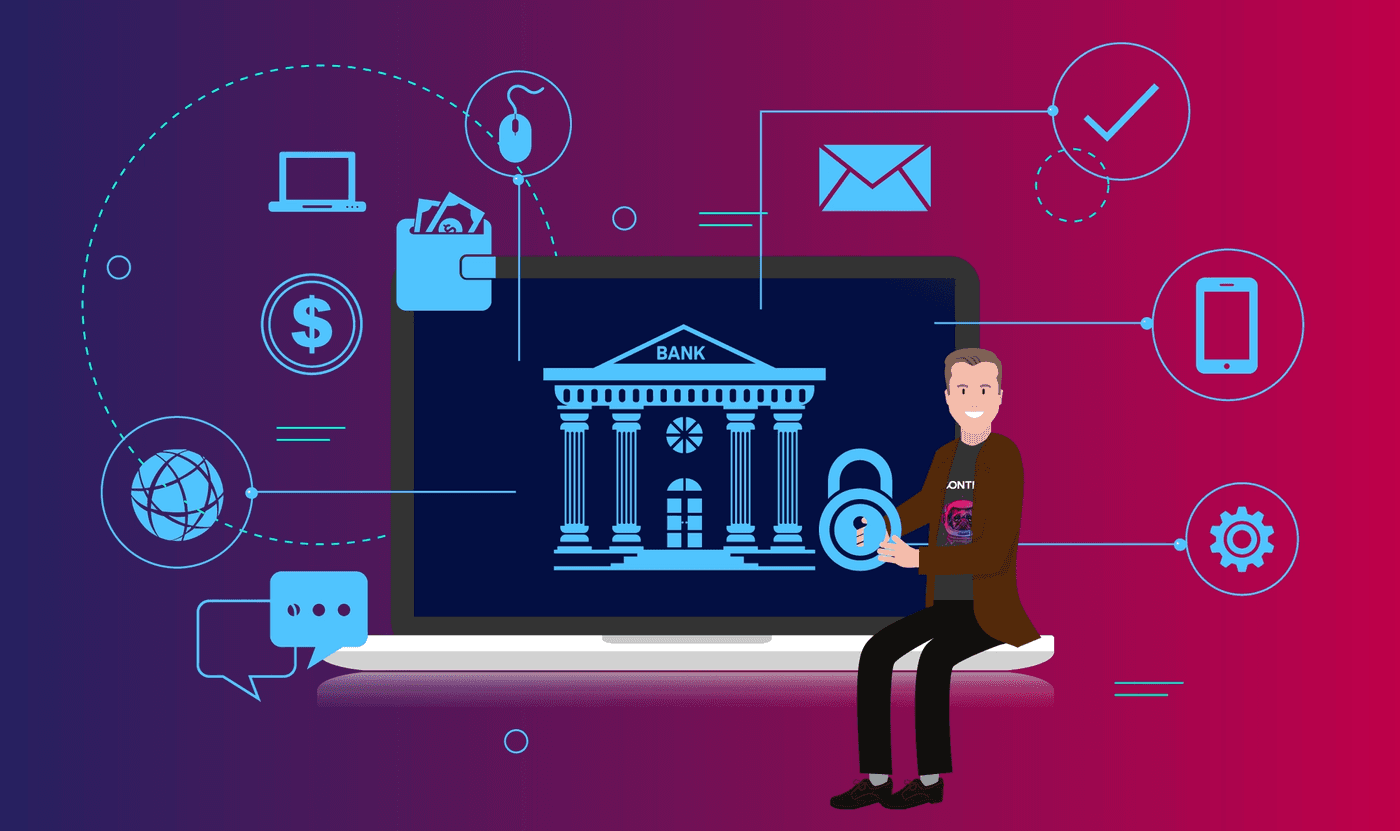
The retail industry is witnessing a paradigm shift. Rapidly evolving technologies, changing customer expectations, and emerging digital firms are driving widespread disruption. Clearly, from a plethora of new products, markets, and customer segments to the burgeoning expansion of sales and marketing channels (like mobile and social commerce), retail is at a tipping point. Customers are now demanding rich shopping experiences that are personalized, hyper-connected, and engaging. Additionally, several forces are revolutionizing the landscape: the explosion of data and connected devices, software defined infrastructure, cloud enabled as-a-service and experience, and outcome-driven digital platforms. This makes it imperative for retailers to showcase agility in tech adoption and business process optimization.
Still certain challenges remain. These include lack of business models, siloed operations, and the incapability to deploy new technologies. These embarrass the delivery of a flawless, omnichannel shopping experience. To overcome these obstacles and future- evidence businesses, a robust and end- to- end strategy is the need of the hour.
Our top iPhone app development company provides an extensive range of services combined with the user experience and developer’s knowledge. Below mentioned are some of the services that we render along with the expertise:
the client generally serves himself which means he or she chooses their own products and makes their own decision. There's no involvement of the retail store. clients have to just walk in, pick the products they want, and they can leave without indeed standing in line for paying the bills. Through a barcode scanner, the bill is directly raised to your bank account.
This is a common type of retail observed in Furniture outlets. Then, customers may walk in and choose what they want. still, they might need further guidance and information from time to time which is very particular. 1 executive for every 5 person is enough. max of the selection depends on the client themselves.
Their limited service includes explaining and helping you with your decision and your purchase. If you don't like the purchase or if there's the problem with the purchase they might call the main company to help you or take the machine back. Basically, because of these services entered, multiple clients stick to small retailers.
Full-service retailers compete by providing support to consumers at every touch-point in the shopping process. This isn't just confined to the realm of personal interaction, but includes service types that can make the shopping process easier.

Operating in a niche request brings with it a number of challenges. Specialty Retailers must address issues similar as effective force operation, complex force chains, and competition with mass request retailers while contemporaneously dealing with uncertain client demands and adding client prospects. Remaining ahead in this hyperactive- competitive assiduity requires identification of arising trends in consumer spending, a responsive and agile force chain, and business processes that minimize waste and maximize profits.
The main challenge a specialty retailer will face is to offer premium in- store experience, expressed and acclimated to the client, that relies on their product expertise. This service is their competitive advantage over lower- priced multi-category retailers, who can’t offer the expertise that the specialty retailer can and will no be suitable to mimic the product knowledge of these specialty traders.
There are several business benefits of using Retail Connects mobility result, including an optimal in- store experience for both clients and retailers. Deals and client footfall increase, as does store personnel productivity. Mobile agility across the enterprise is enhanced, and business processes across the retail value chain are reformed to boost overall performance radically.
Integrated Retail Planning( IRP) frame transforms the traditional supply and demand balancing exercise into an intertwined supply chain planning process that aligns a retail company’s supply chain plan and wares plan with its long- term business strategies and financial objects. IRP simplifies integration, while making it hastily and cheaper to manage. Retailers can integrate named operations from merchandisers and obtain the asked suite within weeks. They no longer have to sacrifice functionality for the sake of integration.
A sturdy and well- controlled supply chain is necessary to insure that all consumer parts are served and service and product quality don't suffer, especially for retailers. The supply chain can be managed effectively by making sure that quality checks and compliance processes are in place. A large number of retailers overlook that a functional vendor compliance program in any association can aid in setting and removing vendors that are underperforming.
Communication gaps within an association produce activity dissonance and silo intelligence between workers leading to delays, limited exchange of ideas, and accordingly, loss of productivity and invention. The problem is farther compounded by a lack of knowledge operation tools and proper hand training. Statistics show that politic decision makers( similar as store directors and buyers) spend between 15- 30 of their time searching for information with lower than 50 success rate. According to data, further than half of retailers and employers regularly need to collaborate with people across different departments and geomorphologies
Common types of retail stores include department stores, specialty stores, discount stores, convenience stores, and online retailers.
Retail merchandising involves the selection, placement, and display of products in a retail store to maximize sales and profits.
A point of sale (POS) system is a computerized system used by retailers to process sales transactions, manage inventory, and track customer data.